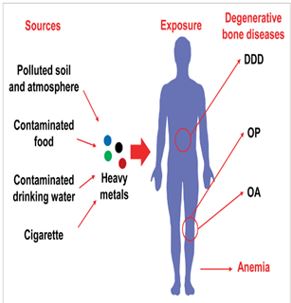

Context
The Central government introduced the Water (Prevention and Control of Pollution) Amendment Bill, 2024 in Rajya Sabha.
Background
- The Water Act (Water (Prevention and Control of Pollution) Act, 1974), in its current form, was passed in 1974.
- There have been no major amendments recently in the Act, apart from minor revisions in Water Act rules and two minor modifications in sections 78 and 88.
- This is striking since the country has seen rapid changes in urbanisation and industrialisation, and resultant pollution loads, over the past few decades.
- In contrast, Environmental Impact Assessment (EIA) 2006 has had 67 amendmentsto date.
Key Highlights
Key-highlights of the Bill
- Applicability: It would be applicable to Himachal Pradesh and Rajasthan, and any other state that passes a resolution under the Water (Prevention and Control of Pollution) Act, 1974.
- The Water (Prevention and Control of Pollution) Amendment Bill, 2024, among other things, seeks to provide-
- The Central Government will prescribe the manner of nomination of the chairman of the State Pollution Control Board
- The Central government may exempt certain categories of industrial plants from the application of Section 25 relating to restriction on new outlets and new discharges
- The Central government may issue guidelines on the matters relating to the grant, refusal or cancellation of consent by any State Board for establishment of any industry, operation or process or treatment and disposal system or bringing into use of new or altered outlets, etc.;
- Rationalisation of criminal provisions: The Bill proposes rationalising criminal provisions and ensuring that citizens, business and companies operate without fear of imprisonment for minor, technical or procedural defaults.
- It provides for decriminalising of minor offences and replacing it with monetary penalty in case of continuation of contravention;
- The amount of penalty imposed is to be credited to the Environmental Protection Fund established under section 16 of the Environment (Protection) Act, 1986.
|
Currently, the Water (Prevention and Control of Pollution) Act, 1974 prescribes imprisonment of up to three months for not informing the State Board about abstraction of water from a stream or well in a substantial volume and not providing information about construction, installation or operation of disposal system. The Bill amends it to a fine between Rs 10,000 and Rs15 lakh. |
Current issues surrounding Water
- The quality of Indian waterbodies has drastically declined due to unfettered urbanisation and development.
- Many waterbodies have been lost or have shrunkconsiderably due to encroachment and pollution-induced eutrophication.
|
What is water contamination?
Major Effluents contaminating water bodies in India: Water sources can get polluted because of a range of harmful contaminants. The common contaminants occurring in drinking water can be classified into:
|



